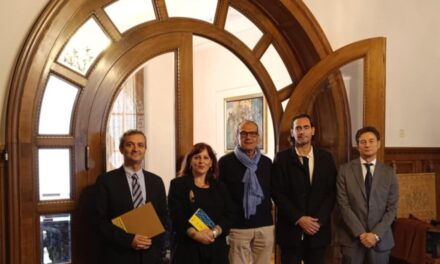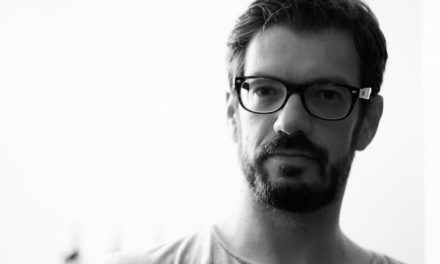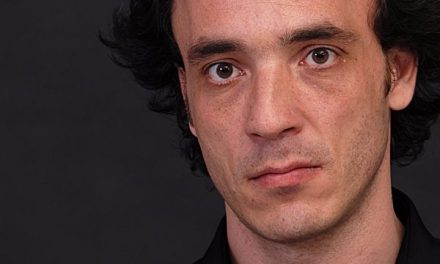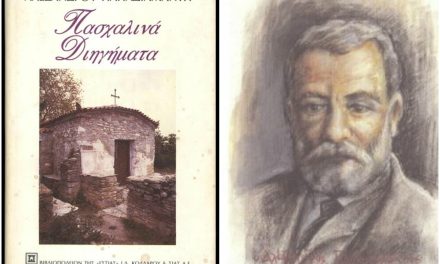Kiriakos Haritos was born in Greece in 1977 and grew up in Australia. He studied Cultural Management and Communications at the Panteion University of Athens and obtained a MA in Contemporary Theatre Practice from the University of Essex. He worked as an actor at the Shifting Shands theatre company for three years. In 2012 he moved to Qatar to work as a Creative Director in an Event Agency.
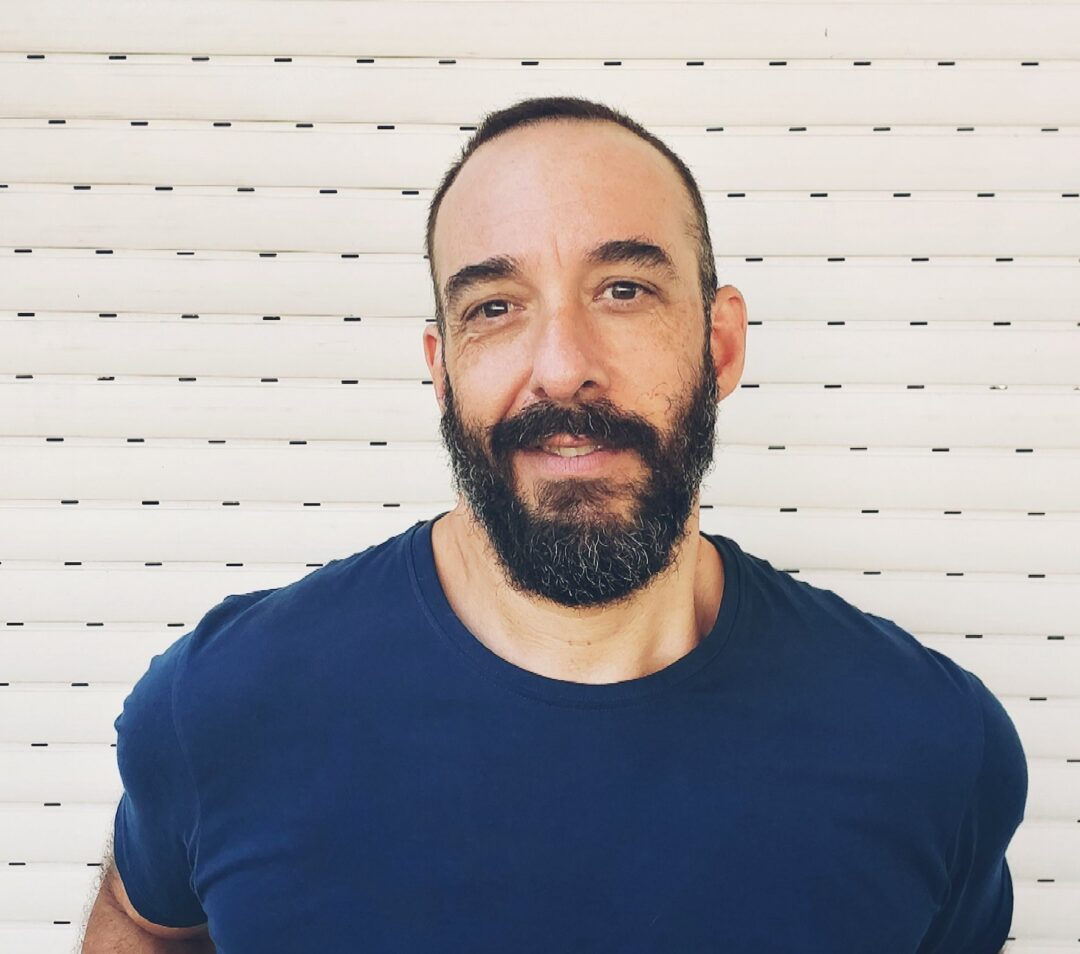
He has written seven children’s books (nominated for the National Prize for Children’s Literature and National Prize for Illustrated Book), including What if (Metaichmio Publications), for which he was awarded the Children’s Literature Prize of the literary magazine O Αναγνώστης (The Reader) and the National Prize for Children’s Literary Book 2023. In 2007, he won the Best Screenplay Award at the Drama International Short Film Festival for the short film “Heat”.
In 2022, his first adult prose A little guide to death [Nominated for the Short Story Award of Χάρτης (The Map) and Ο Αναγνώστης (Τhe Reader) literary magazines] was published by Stereoma Publications. His articles and shorts texts appear in national newspapers and literary magazines.
Υοur latest writing venture Το μεταξένιο [Silkboy] was recently published by Metaixmio. Tell us a few things about the book.
It’s a very personal story written about someone I loved. I wrote it on a winter boat trip to Tinos five years ago. It’s a story about the healing power of love and acceptance. And also, a coming-of-age story.
What made you turn to writing children’s book? Are children’s books a way to express our most inner thoughts?
There was no turn per se. I once had an idea about a story which was a story for children. That’s how it all began in 2009. More stories followed. Children’s books offer you immense possibilities. You can tell stories of the utmost fantasy and make them “real”. Believable. Also, to be honest their form is something manageable and thus alluring given the fact that I work full time not as a writer but as an employee in a company. Longer texts need more time and devotion. They require full time commitment which is a luxury I don’t have at this given moment.
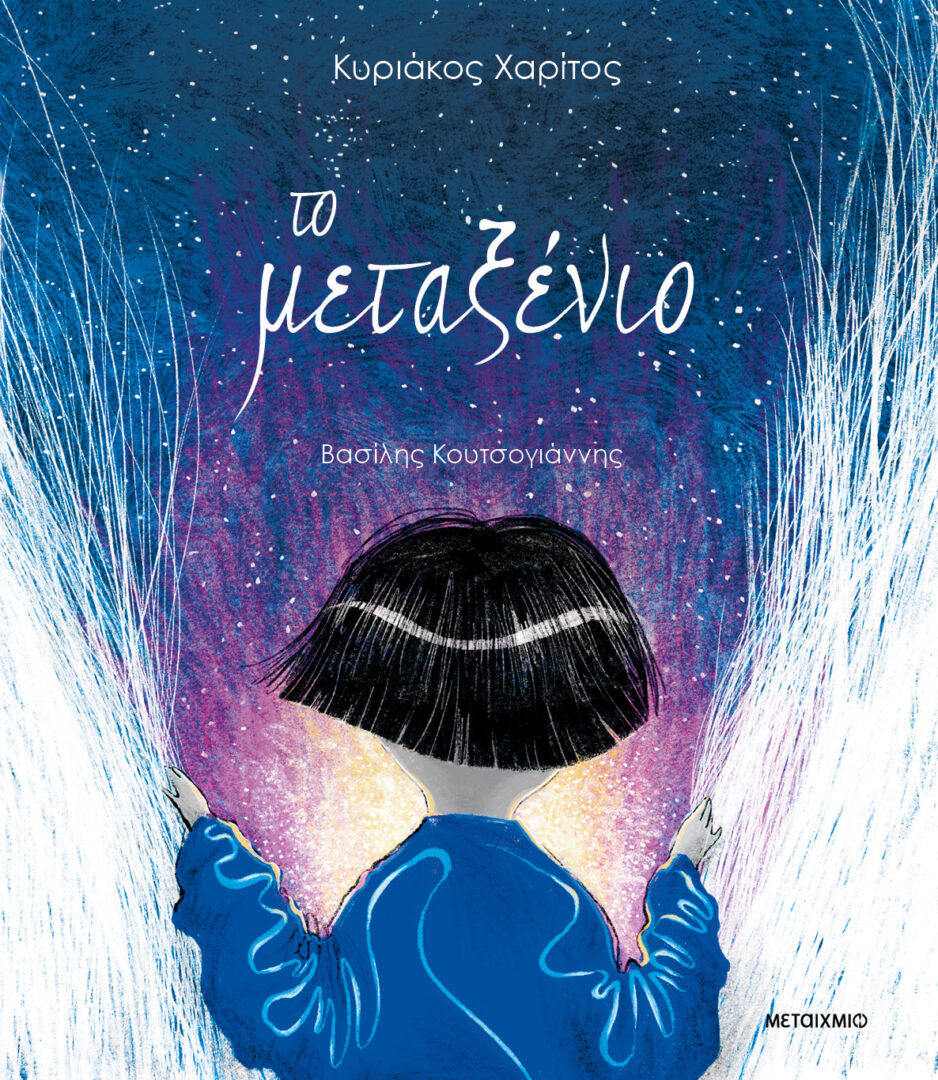
What makes a book attractive to such a demanding audience as children? And, in turn, what do you want to offer kids through your books?
I think children want to have good time. They want to hear or read a good story. Period. This what I try to give them.
Do books constitute an effective means to talk to children about thorny issues they are faced in their school or social life, such as violence, bullying and so on?
This role of literature comes later. It’s a later stage. I don’t necessarily believe that each book should have a message or tackle a specific topic. If it does however and the story becomes a “tool” to do some good than by all means.
What about illustration? How pivotal is its role especially in children’s books?
If we are talking about picture books illustration is key. It’s the flesh and bones. The body that gives form to the soul. Makes it visible.
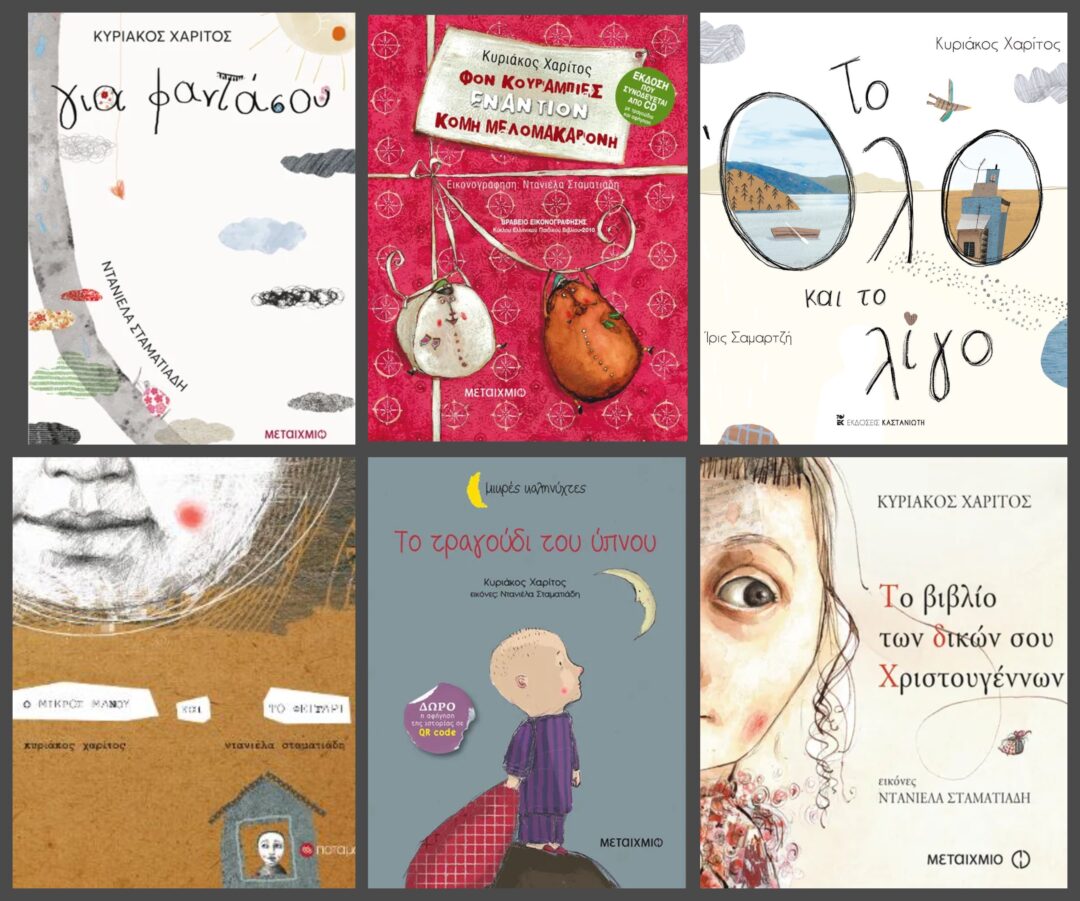
You have also experimented with short form and poetry. Does writing for children and writing for adults constitute communicating vessels in a way?
My writing is one vessel. Other times it sets sail for a shore of children and others for an island of adults.
What about language? What role does language play in your writings?
A vital role. It’s not what you say. It’s how you say it. And after seven books I’ve come to notice that I tend to infuse stories with poetry, lyrics and other elements that come from my memories and readings as child and of course from the types of texts that fascinate me as an adult.
*Interview by Athina Rossoglou
TAGS: LITERATURE & BOOKS | READING GREECE

